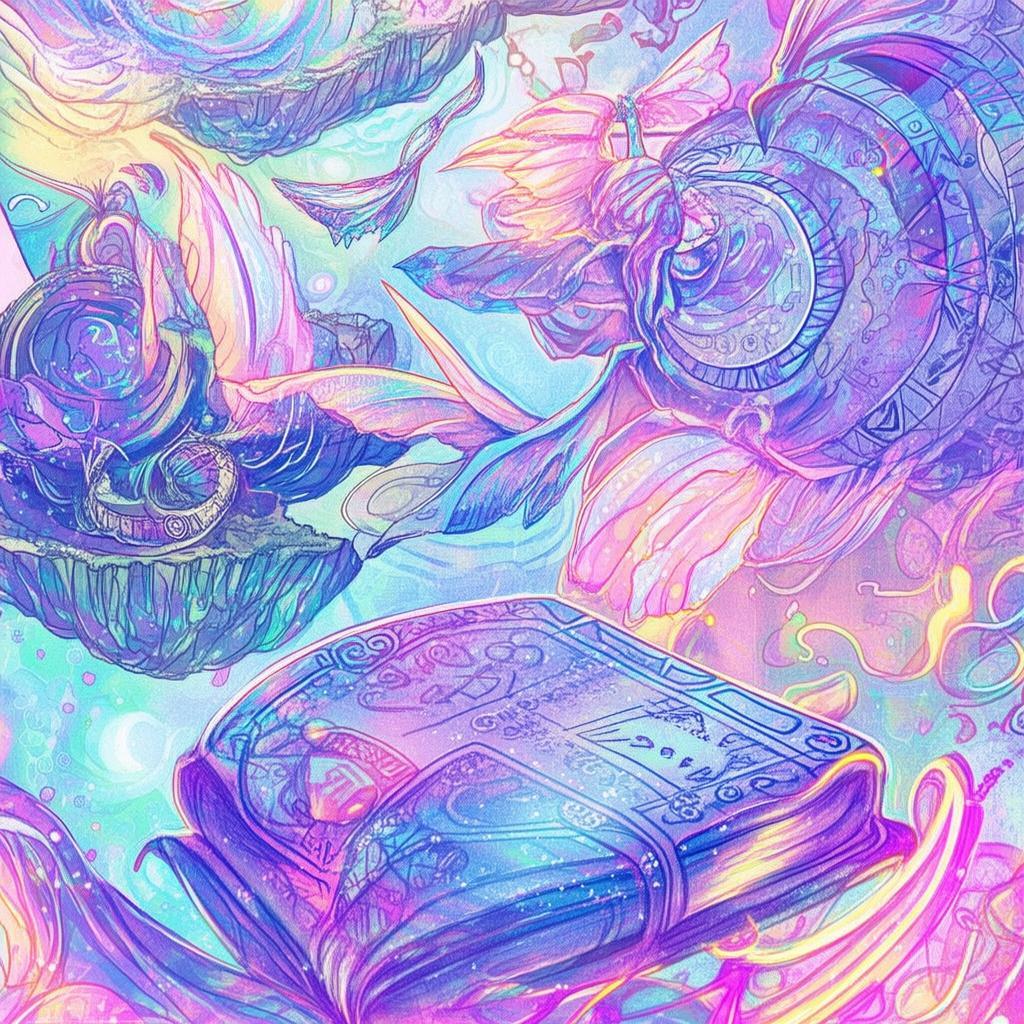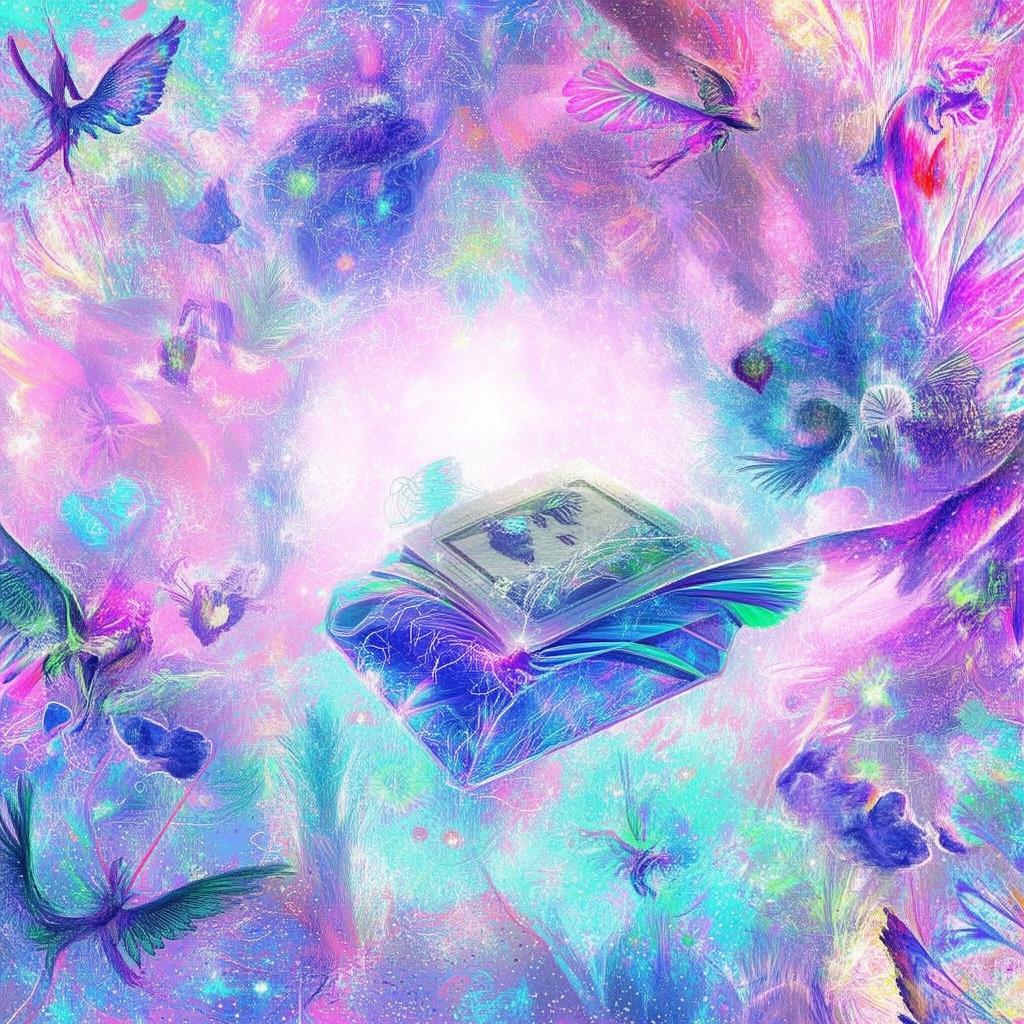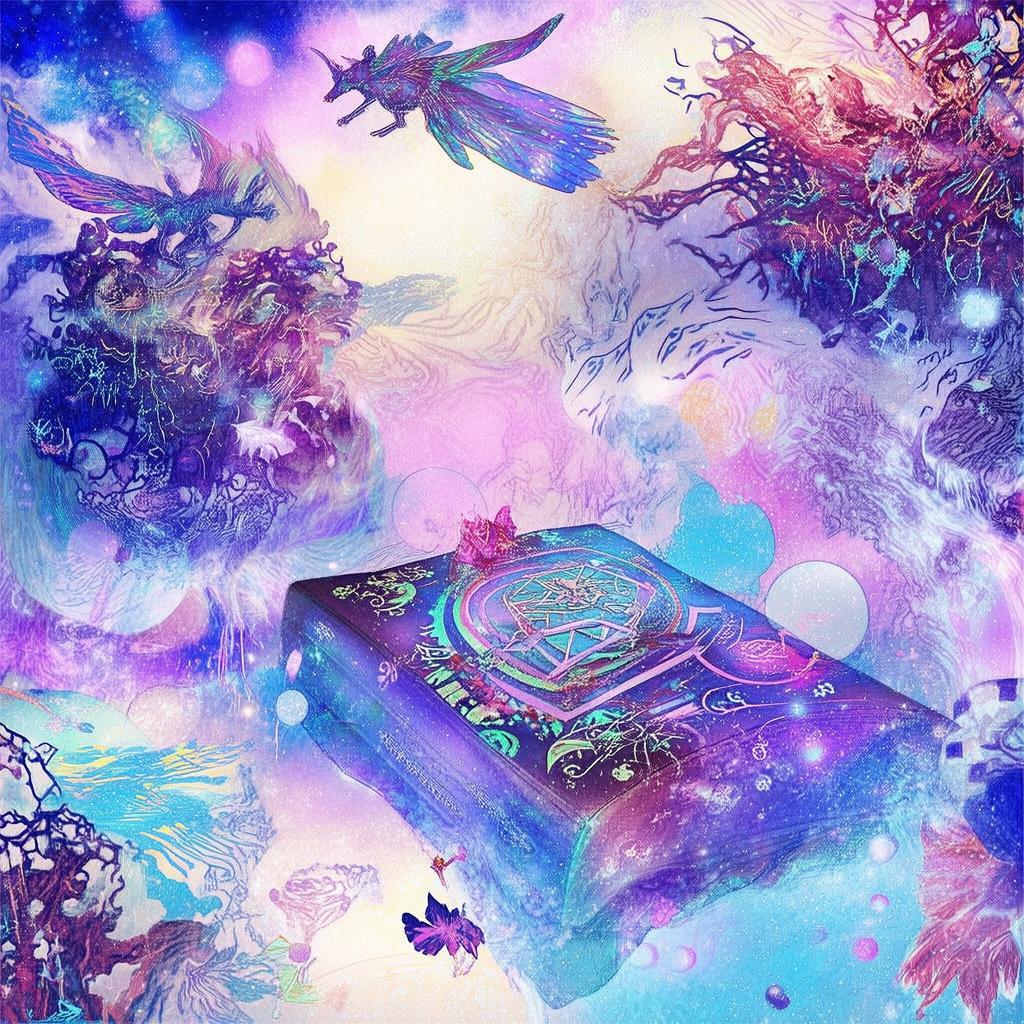The Last Symphony of the Forsaken
In the small, fog-shrouded town of Eldergrove, the air was thick with the whispers of forgotten legends. Aria had grown up hearing tales of her grandfather, a maestro whose final masterpiece was said to be cursed. His death under mysterious circumstances had left her with only a single, cryptic note and a dusty old piano in the attic.
The note read, "When the symphony awakens, the dead shall sing." Aria, a prodigy in her own right, had always dismissed the story as a mere family myth. But everything changed when she stumbled upon an old, leather-bound score in the attic. The music was haunting, beautiful, and it seemed to resonate with an ancient power.

As she began to play, the house trembled, and the walls seemed to hum with a melody beyond her understanding. Aria was thrown into a world where the line between the living and the undead blurred. The music was a siren call, drawing forth the spirits of the forsaken, the forgotten souls of those who had perished in Eldergrove.
One night, as the moon hung low and the fog rolled in, Aria heard the sound of footsteps on the attic stairs. She turned to see a figure cloaked in shadows, its eyes glowing with a malevolent light. The figure stepped forward, its hands outstretched, and Aria felt a chill run down her spine.
"You are the chosen one," the figure hissed. "The symphony requires a sacrifice."
Aria, realizing the gravity of the situation, refused to comply. She had spent her life studying music, not to become a sacrificer. But as the nights passed, the music grew louder, and the spirits of the undead became more insistent. Aria knew she had to find a way to stop them, or she would be consumed by the same darkness that haunted her grandfather.
She sought out the help of her childhood friend, Leo, who had always been her confidant. Leo, a scholar of the arcane, revealed that the symphony was a ritual of ancient origin, meant to summon the spirits of the dead for a final farewell. But it had been corrupted, and now it threatened to release an army of the undead upon Eldergrove.
Together, they embarked on a quest to find the source of the corruption and to put an end to the symphony once and for all. Their journey led them to the old town library, where they discovered a hidden journal belonging to Aria's grandfather. The journal contained the true story of the symphony and the curse that had befallen it.
It was revealed that Aria's grandfather had been betrayed by his closest friend, who had stolen the symphony's secrets and used it to summon the undead for his own gain. In his final moments, he had left a clue in the form of the cryptic note, hoping his descendant would find a way to break the curse.
As Aria and Leo pieced together the puzzle, they discovered that the key to ending the curse lay in the original, uncorrupted score. The music itself held the power to seal the spirits away once more. But to do so, Aria would have to face the figure from her attic and confront the truth about her grandfather's betrayal.
In a climactic confrontation, Aria played the original score on the piano. The music was a battle cry, a war against the darkness that had taken hold of Eldergrove. The spirits of the undead began to wane, their voices fading into the night as the symphony reached its conclusion.
The figure from the attic, now revealed to be Aria's grandfather's betrayer, lunged at her, but the music's power held him back. In a final act of redemption, Aria's grandfather's spirit appeared, forgiving his betrayer and thanking Aria for her courage.
The symphony ended with a final, haunting note, and the curse was broken. The spirits of the undead were sealed away, and Eldergrove was once again safe. Aria and Leo stood together, looking out over the town, which had been saved by the power of music and the strength of a young woman's resolve.
As the sun rose, casting a golden glow over Eldergrove, Aria realized that her grandfather's legacy was not one of darkness but of hope and redemption. She played the last note of the symphony, and it resonated with a new sense of purpose. The melody of the forsaken had become the song of the saved.
✨ Original Statement ✨
All articles published on this website (including but not limited to text, images, videos, and other content) are original or authorized for reposting and are protected by relevant laws. Without the explicit written permission of this website, no individual or organization may copy, modify, repost, or use the content for commercial purposes.
If you need to quote or cooperate, please contact this site for authorization. We reserve the right to pursue legal responsibility for any unauthorized use.
Hereby declared.









